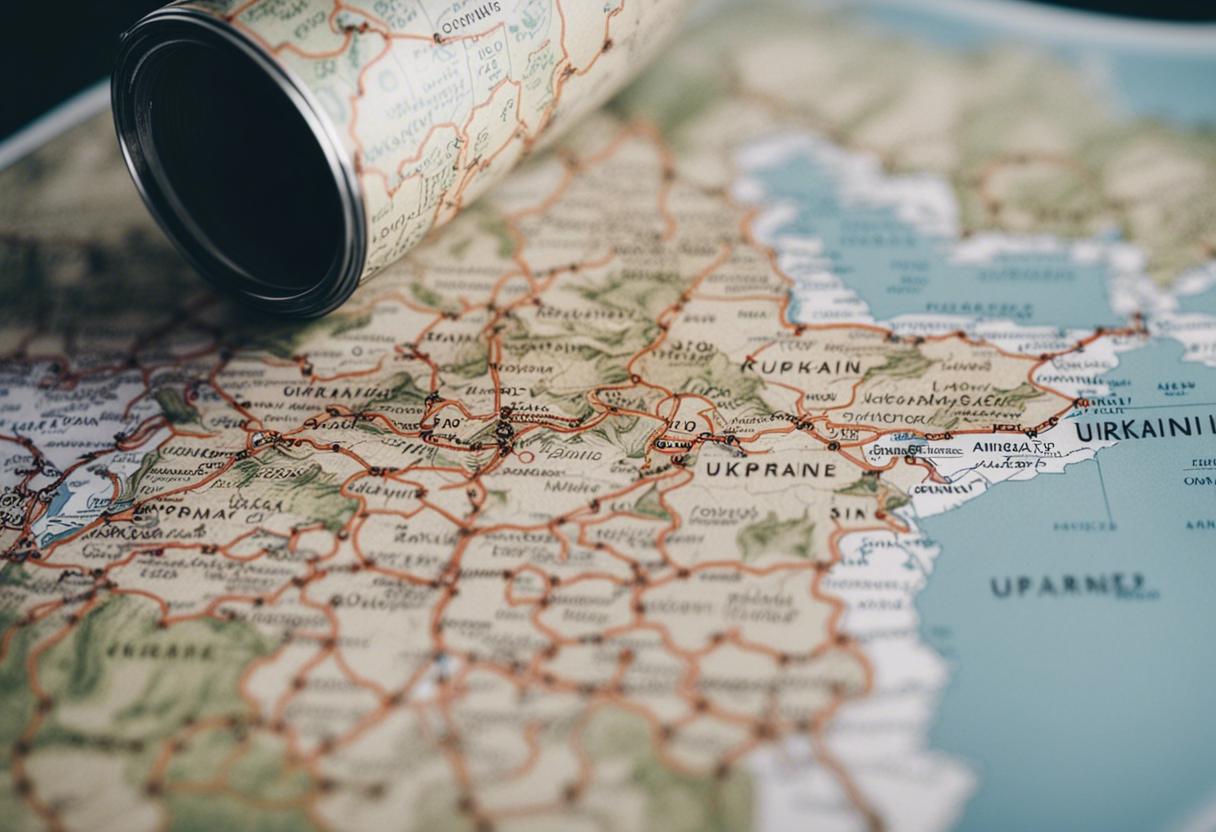This year, the predominant narrative from Ukraine has centred around Russia’s slow and sustained progress in the country’s east, accompanied by the consistent shelling of urban areas and infrastructure. Ukrainian retaliatory strikes, specifically in Crimea, have offered some respite, compelling Russian naval forces to retreat from the Black Sea.
However, Russia’s superior allocation of personnel, ammunition, and weaponry has remained undeniably evident, while Ukraine grapples with the task of replenishing its frontline troops and anticipates further military assistance from its European and US allies. Until mid-last week, it seemed reasonable to expect Ukraine’s overall adversities to persist at least until the end of the year.
Unexpectedly, the situation shifted with the sudden charge into Russia’s western province of Kursk. There had been prior, minor, cross-frontier incursions led by Russian rebels against Putin, indirectly backed by Ukrainian President Zelenskiy’s administration. Yet, this recent operation is of a considerably larger magnitude. Heavy casualties have been inflicted on Russian troops, many have surrendered, and thousands of civilians have been displaced. While the situation remains undetermined, it seems Ukrainian forces have advanced at least 30km into Russia, now governing a substantial tract of land and within proximity of key energy lines. This represents Russia’s first foreign intrusion since World War II.
This assault is aimed at diverting attention and military resources from the Donbass front, where the most intense combat is currently underway. Besides, the operation significantly dents Putin’s image as the guardian of the Russian populace while simultaneously lifting the spirits of the Ukrainian population, who have borne the brunt of a two-year long bombardment, much of which originated from the other side of the border. One striking aspect has been the evident deployment of NATO provided tanks and missile systems, indicating that previous restrictions placed by Ukraine’s allies on the cross-frontier use of weapons have been eased.
Certain experts express apprehension, suggesting that Ukraine might be biting off more than it can chew if it overextends itself or ventures too deeply into Russia. Forecasts suggest as many as 10,000 soldiers may be involved in the operation, implying the possibility of severe repercussions elsewhere along the tenuous battle line. Nonetheless, for now, Ukraine’s military strategy remains obscured, as well as the effect of the attack on the broader trajectory of an apparently unending conflict. Yet, by repudiating what seemed like a predictable narrative of Russian triumph, Ukraine has transmitted to both allies and foes that the skirmish remains volatile and its result unpredictable.

